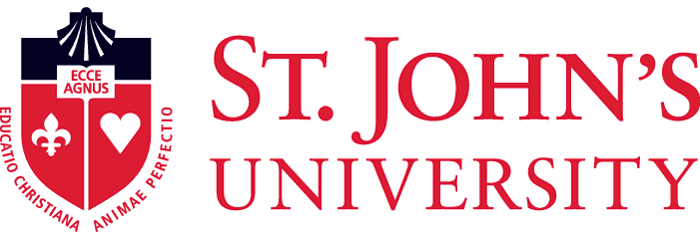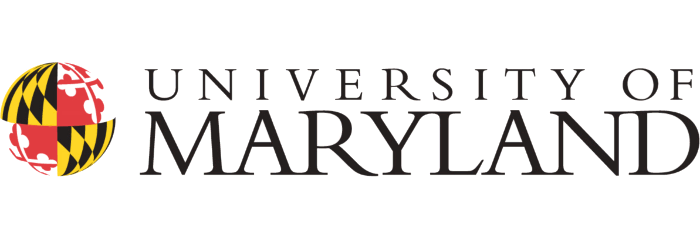
25 Best Master's in Library Science Programs 2020
This list highlights the best 25 colleges with a Master's in Library Science, in order of highest median salary for graduates one year after they complete this program. CUNY Queens College is ranked #1 with a salary of $52,100 and also offers the lowest median debt on the list, at $18,500. Master’s in Library Science graduates from the top 25 schools earned median salaries ranging from $40,800 to $52,100.
Tuition, median salaries, and median debt were reported by the U.S. Department of Education in November 2019. View our methodology for more details about these rankings or read more about the top-ranked schools.
2020 Best Colleges Highlights

Queens College's Master of Library Science is completed through the Graduate School of Library and Information Studies. This program is typically completed in two to four years. Library science graduates have a large course list from which to choose. One of the main introductory courses is Technology of Information, in which students learn about the conceptual and practical uses of library science, as well as the use of libraries in general. There are also courses that deal with putting together a collection, like Collection Development and Issues in the Organization of Materials.
There are some library and information courses students can take online for their master's degree. These are taken through Web-based Information Science Education (WISE) member schools. Students may also participate in an internship that will count towards their degree and give them an opportunity to practice what they are learning.

St. John's University offers an entirely online Master of Science in Library and Information Science. In order to graduate, students must complete 36 credits, and most students take two years to complete the program. All students take 12 core credits and three additional credit hours in management. The core courses, worth three credits each, provide a base for the library science program and explore research methods and theory. Example core courses include Information Organization, Introduction to Library and Information Science, Information Sources and Services, and Research and Evaluation Methods.
The remaining 21 credit hours focus on a student's chosen specialization. There are six specialization options: Academic Librarianship, Archival Studies, Management for Information Professionals, Public Librarianship, Special Librarianship, and Youth Services.
Students who graduate with a master's degree in library and information science can find work in many areas, including academic libraries, non-profit organizations, government agencies, and publishing houses.

Sam Houston State University offers an online Master of Library Science designed to train students for school librarianship. Graduates will have strong career prospects. As the body of available information grows, so too does the need for librarians in schools to help children learn how to access print and digital materials.
This degree takes 36 semester hours to complete and requires a final degree portfolio. Courses for this master's program include Collection Development, School Library Administration, and Research Design and Methodology. Students will also participate in a library internship. The internship will count towards degree requirements and is viewed as an opportunity to allow graduate students to practice what they are learning.
This program also prepares students to take the School Librarian Certification exam. In addition to completing their master's degree, students will also need to have an up-to-date Texas teaching certificate and two years of classroom experience before they can sit for the exam.

LIU Post's Master of Science in Library and Information Science is a well-respected program that prepares students for careers in public and private library systems and in the information technology industry. The degree consists of 36 credits, of which 15 are core courses. Students can choose among several concentrations: Archives and Records Management, General Studies, Information Systems and Technology, Rare Books and Special Collections, Public Librarianship, and Youth Librarianship (Children's and Young Adult Services). Required courses can be taken online or on campus.
The master's in library and information science is completed through the Palmer School of Library and Information Science. This school also offers a Master of Science in Library and Information Science – School Library Media Specialist. This degree is a direct response to the need for people in schools who can help students navigate the vast world of information available to them. While teachers focus on helping students decode and process information, a school library media specialist can teach students how to search for information – where to look, what to look for, and what to look out for.

The Master of Library and Information Science (MLIS) program at The University of Maryland – College Park is completed through the College of Information Studies and can be done on campus or online. To graduate, students must complete at least 36 credits, 24 of which must fall into the LBSC, INST, or INFM category. All students will complete 12 units of core classes and either a 3-credit field study course (which includes an internship and a classroom presentation about the completed fieldwork) or a thesis, which is worth 9 credit hours. The thesis option is designed for students interested in research and academic writing, and involves a research methods class as well as a master's thesis research class.
Students getting an MLIS degree choose from seven concentrations: Archives and Digital Curation, Diversity and Inclusion, Individualized Program Plan, Intelligence and Analytics, Legal Information, School Library, and Youth Experience.